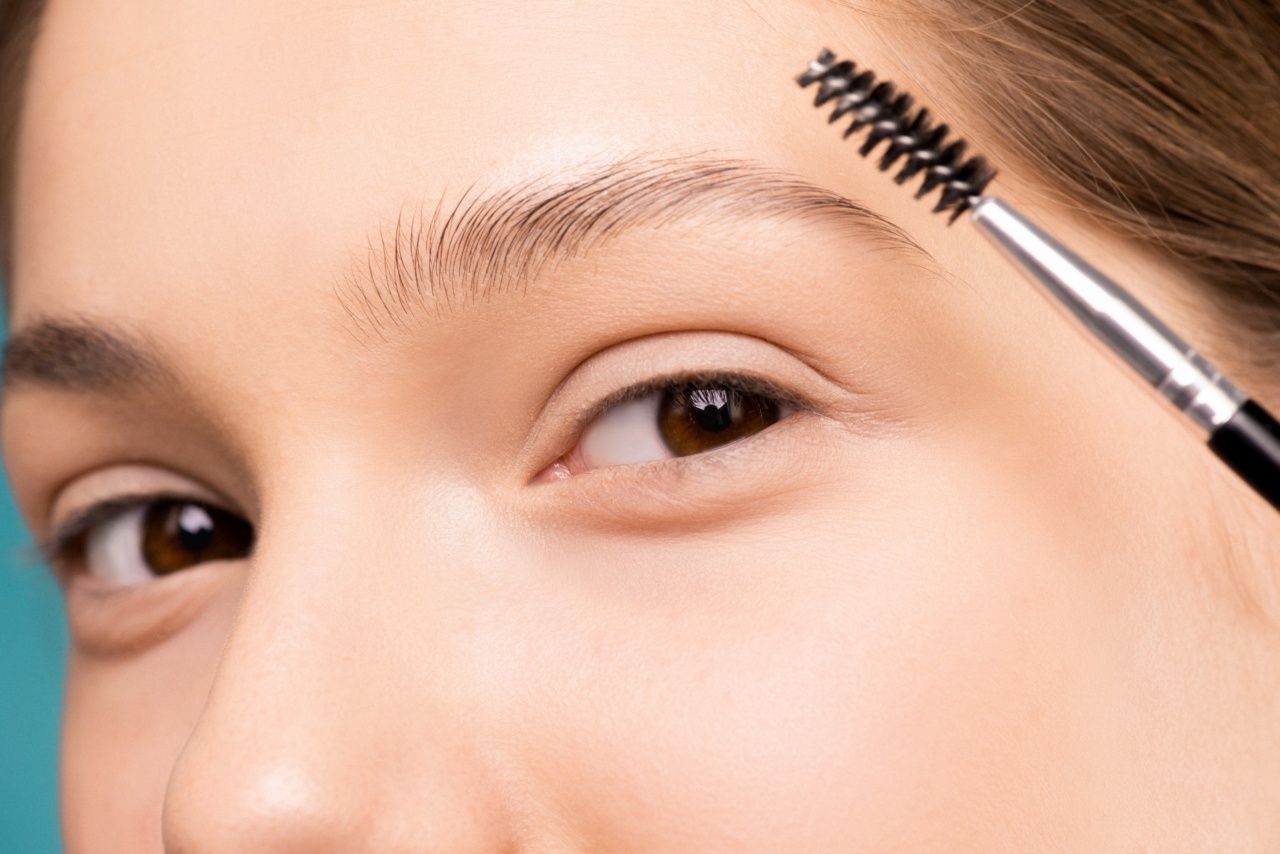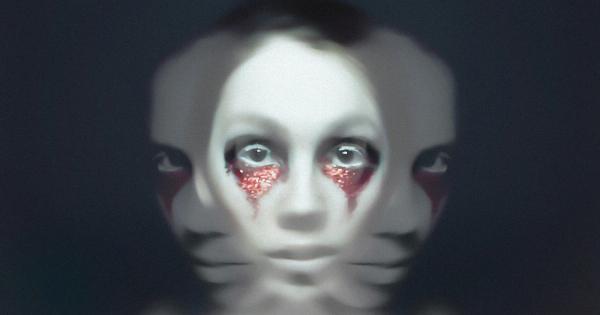When someone says “your eyes are blushing,” it usually means that the blood vessels in your eyes have dilated, giving them a reddish or pinkish appearance.
While blushing is commonly associated with emotions such as embarrassment or attraction, it can also be a result of various underlying causes. In this article, we will explore some possible reasons why your eyes may be blushing and what you can do about it.
Allergies
Allergies are a common cause of eye redness and can lead to a blushing effect. When you come into contact with an allergen, such as pollen, dust, or pet dander, your body releases histamines, triggering an immune response.
This immune response can cause your blood vessels to expand and your eyes to become red and watery. If you suspect that allergies are the cause of your blushing eyes, it is recommended to consult with an allergist and get tested to identify the specific allergen.
Dry Eyes
Dry eyes occur when your eyes do not produce enough tears or when the tears evaporate too quickly. This condition can lead to eye irritation, redness, and a blushing appearance.
Some common factors that contribute to dry eyes include environmental factors like dry air, prolonged computer or screen use, wearing contact lenses for an extended period, and certain medications. Using artificial tears or lubricating eye drops can help alleviate the symptoms of dry eyes and reduce eye redness.
Conjunctivitis
Conjunctivitis, also known as pink eye, is an infection or inflammation of the conjunctiva, the thin clear tissue lining the inside of the eyelid and covering the white part of the eye.
Pink eye can be caused by a bacterial or viral infection, allergies, or exposure to irritants like smoke or chemicals. Besides redness, symptoms of conjunctivitis may include itching, burning, discharge, and blurry vision. If you suspect you have conjunctivitis, it is essential to avoid touching or rubbing your eyes to prevent the spread of the infection.
Consultation with an eye doctor will help determine the appropriate treatment, whether it be antibiotic eye drops, antihistamines, or artificial tears.
Eye Strain
Eye strain can occur when your eyes become tired from extended periods of focusing on digital screens, reading, or driving for long distances. This can cause redness and blushing in the eyes.
To prevent eye strain, it is recommended to take regular breaks and practice the 20-20-20 rule, which involves looking away from your screen every 20 minutes and focusing on an object 20 feet away for 20 seconds. Additionally, adjusting the brightness and contrast of your screens, using proper lighting, and ensuring your computer screen is at eye level can reduce eye strain and associated redness.
Subconjunctival Hemorrhage
A subconjunctival hemorrhage is a condition that occurs when a small blood vessel in the eye breaks and bleeds beneath the conjunctiva, causing redness.
It can be caused by various factors, including coughing, sneezing, straining, rubbing the eyes forcefully, or even taking certain medications like blood thinners. While subconjunctival hemorrhages are typically harmless and resolve on their own within a week or two, it is advisable to consult an eye doctor to rule out any underlying conditions that may have contributed to the bleeding.
Eye Infections
Eye infections, such as blepharitis or styes, can cause redness and blushing in the eyes. Blepharitis is an inflammation of the eyelids, often caused by bacteria or skin conditions like rosacea or seborrheic dermatitis.
Styes are painful red bumps that form on the eyelid due to blocked oil glands. Both conditions may require specific treatments, including warm compresses, antibiotic eye drops, or ointments. If you suspect you have an eye infection, it is essential to seek medical advice from an eye care professional.
Eye Fatigue
Eye fatigue, also known as eye tiredness or asthenopia, is a condition characterized by sore, tired, or dry eyes.
It can occur due to extended periods of close-up activities, inadequate lighting, improper viewing distances, or uncorrected refractive errors. Eye fatigue can lead to redness and blushing of the eyes. Taking regular breaks, ensuring proper lighting conditions, optimizing the working distance from screens or books, and maintaining good eye hygiene can help prevent and alleviate eye fatigue.
Smoking
Smoking tobacco can have detrimental effects on your overall health, including eye health. Smoking has been known to cause various eye problems, such as dry eyes, cataracts, macular degeneration, and optic nerve damage.
It can also lead to bloodshot and blushing eyes. Quitting smoking can significantly improve your eye health and reduce the risk of developing eye-related conditions.
Alcohol Consumption
Excessive alcohol consumption can lead to temporary eye redness and blushing. Alcohol can dilate blood vessels, including those in the eyes, causing them to appear red or bloodshot.
It is important to drink alcohol in moderation and stay hydrated to minimize the effects on your eyes and overall health.
Hormonal Changes
Hormonal changes, particularly in women, can sometimes contribute to eye redness and blushing. Fluctuations in hormones during the menstrual cycle, pregnancy, or menopause can affect tear production and eye moisture, leading to dryness and redness.
Using lubricating eye drops can provide relief from these symptoms.
Weather Conditions
Weather conditions such as windy or dry environments can contribute to eye redness and blushing. Excessive exposure to wind, sun, or dust particles can cause eye irritation and redness.
Wearing protective eyewear, such as sunglasses or goggles, can shield your eyes from these elements and help prevent eye redness.
Conclusion
Blushing eyes can be caused by various factors, including allergies, dry eyes, conjunctivitis, eye strain, subconjunctival hemorrhage, eye infections, eye fatigue, smoking, alcohol consumption, hormonal changes, and weather conditions.
Depending on the underlying cause, treatments may involve lifestyle adjustments, over-the-counter remedies, prescription medications, or medical interventions. If you are concerned about your blushing eyes, it is recommended to consult with an eye care professional to determine the cause and establish the appropriate course of action.





























